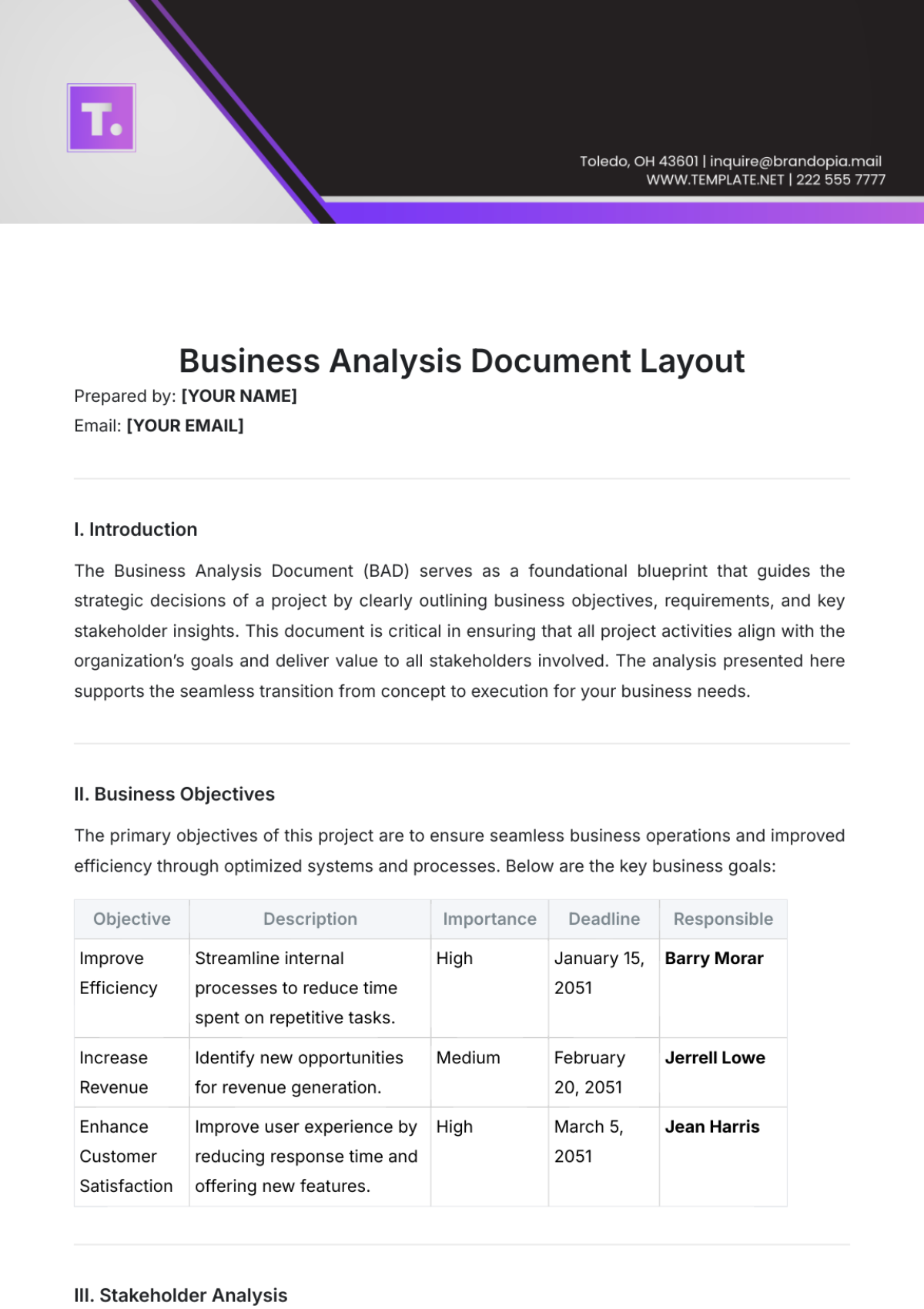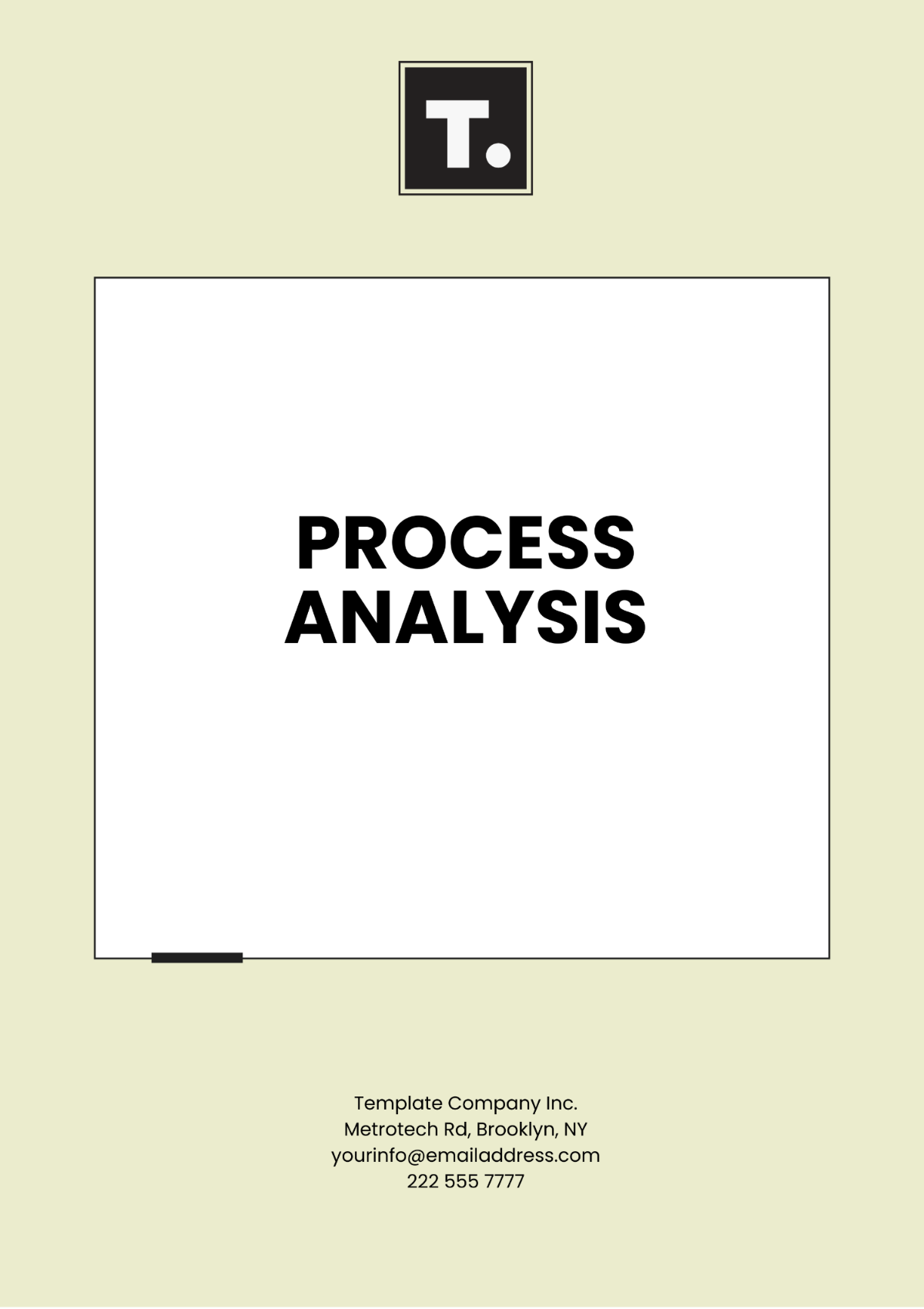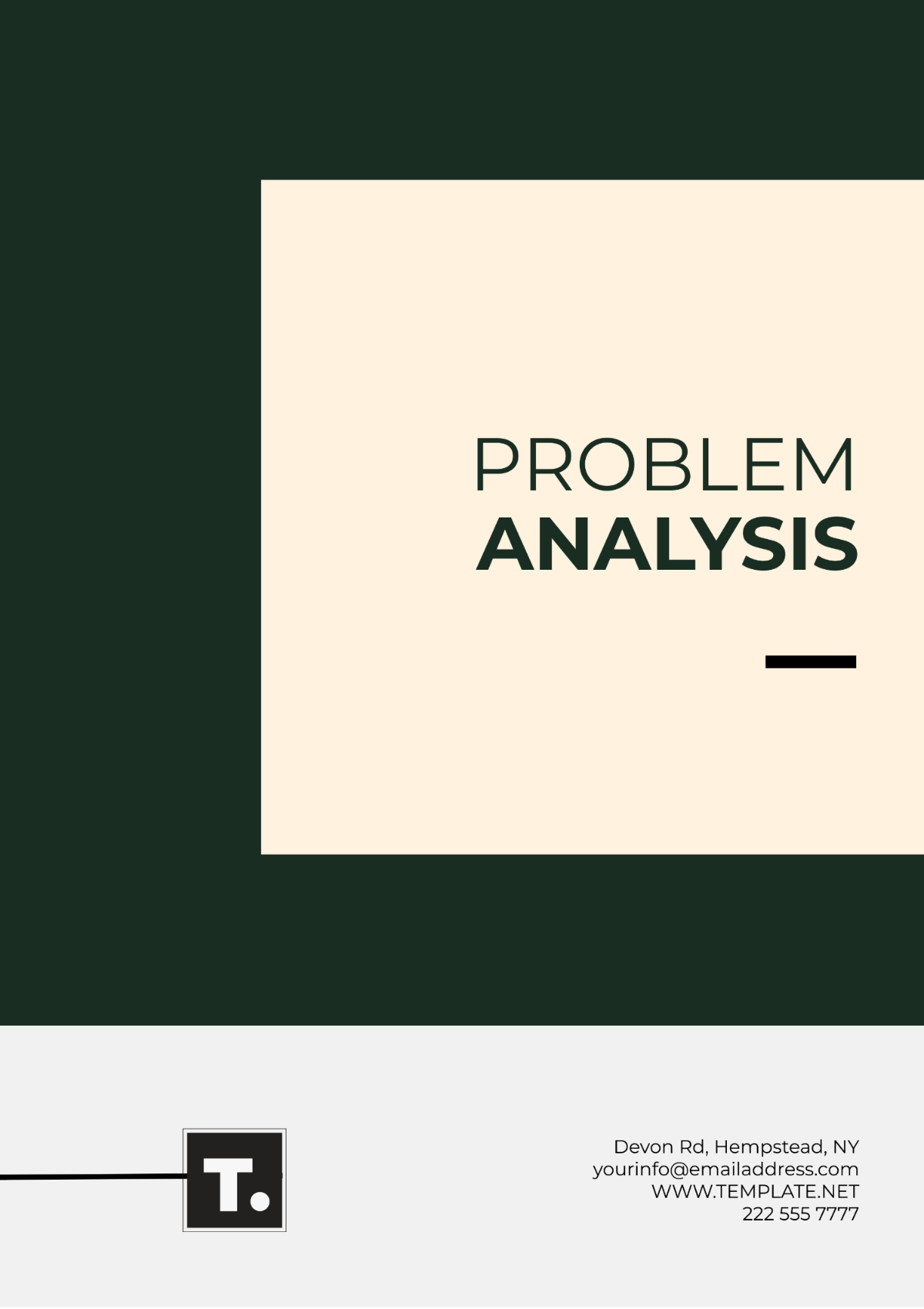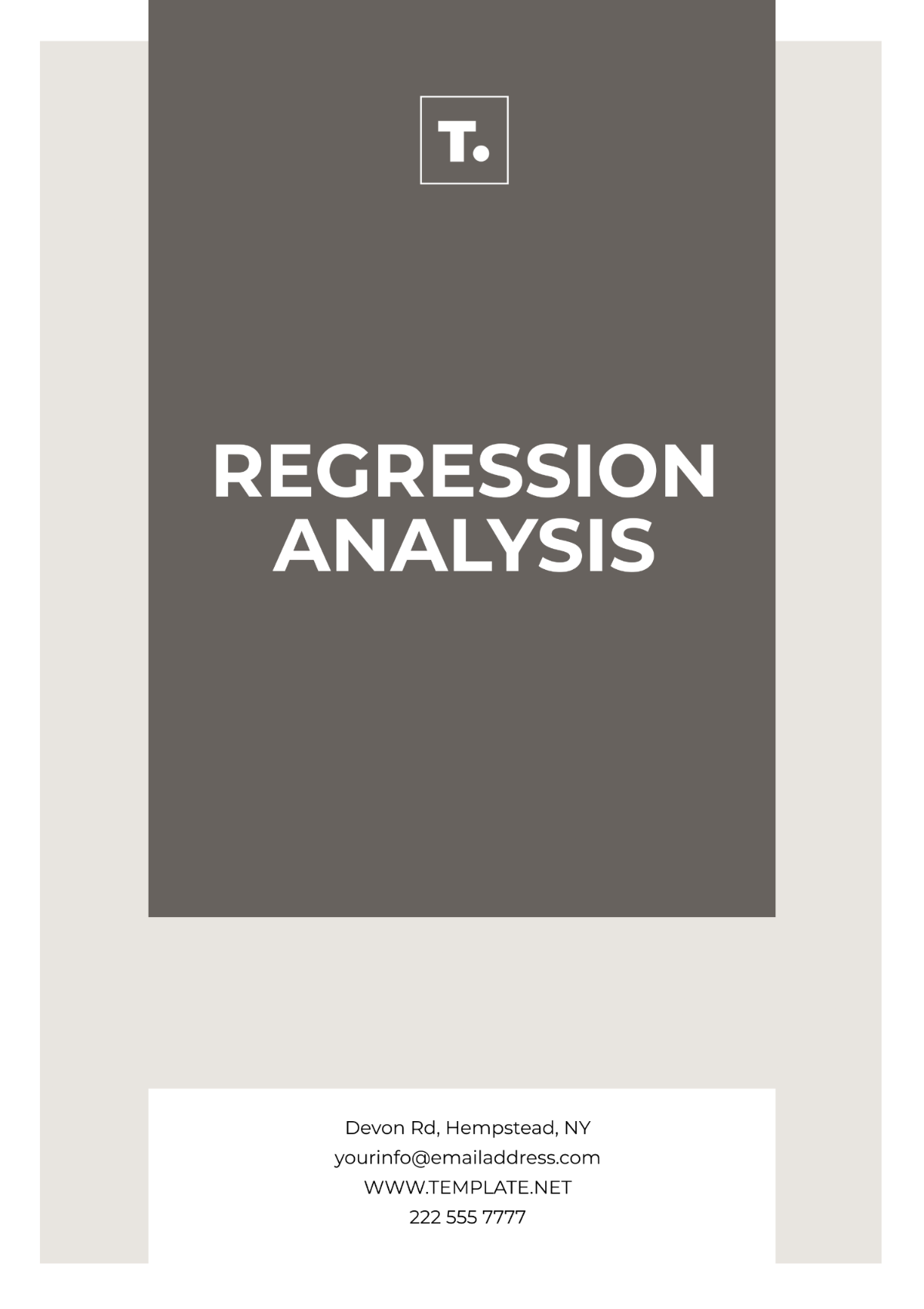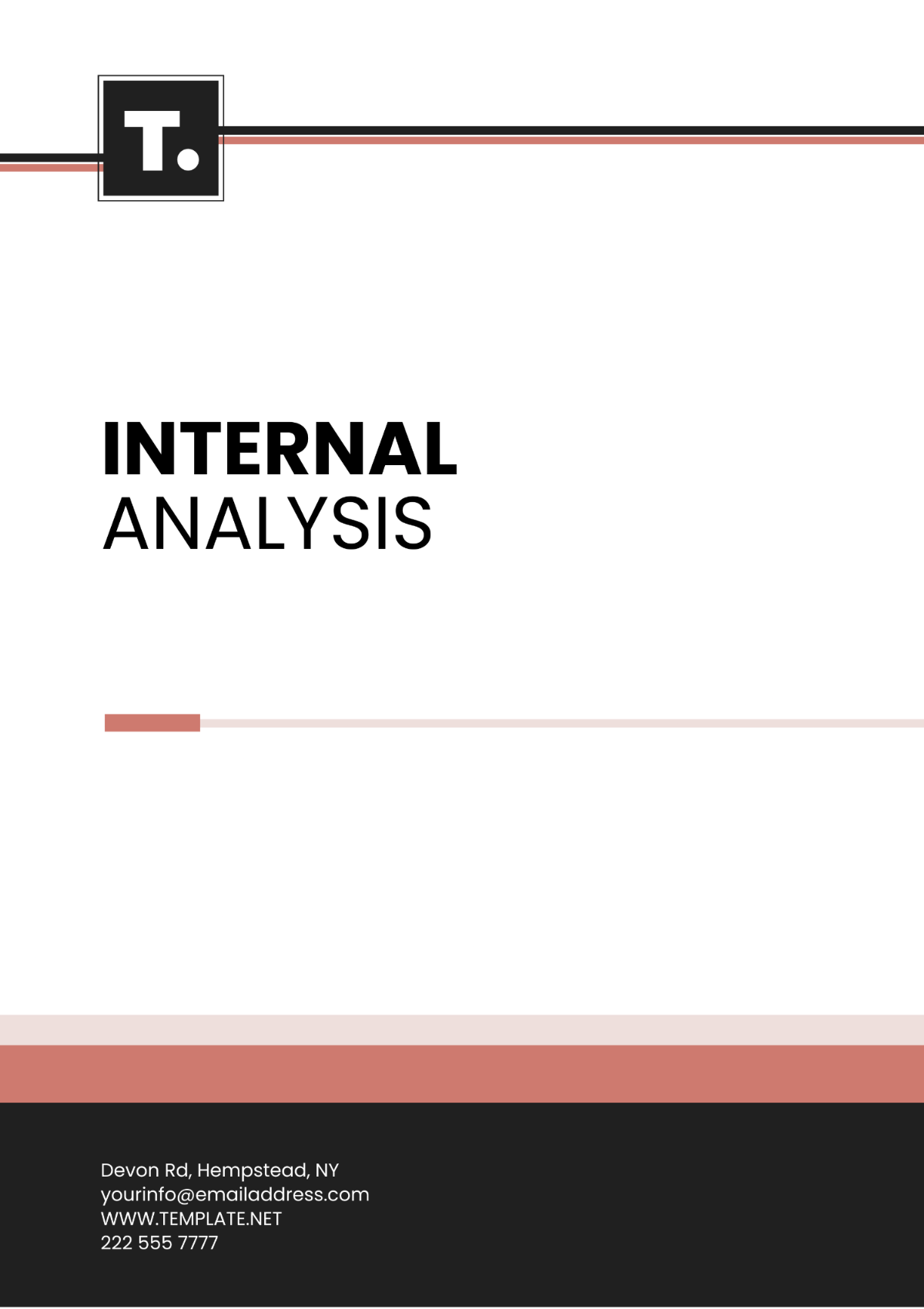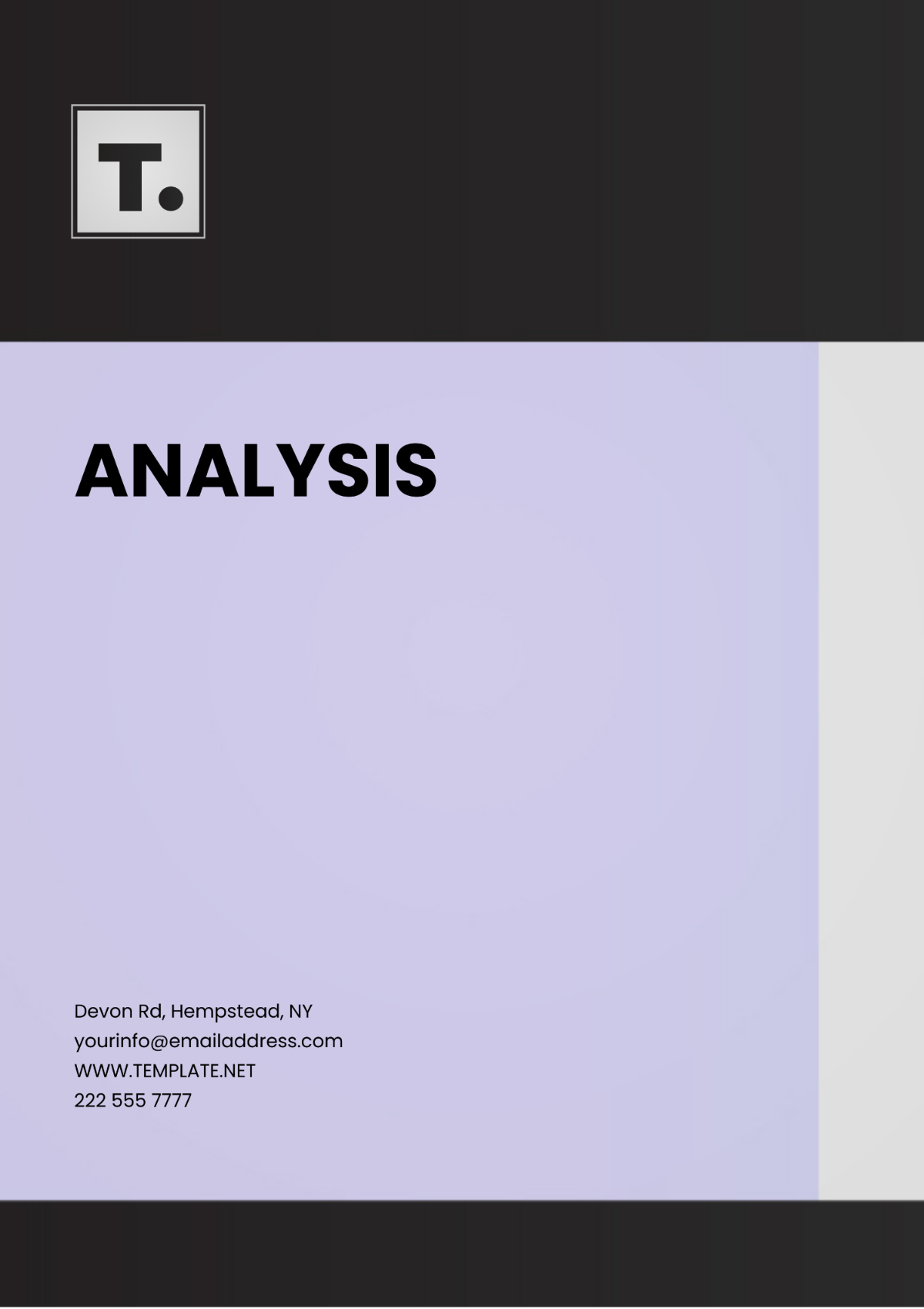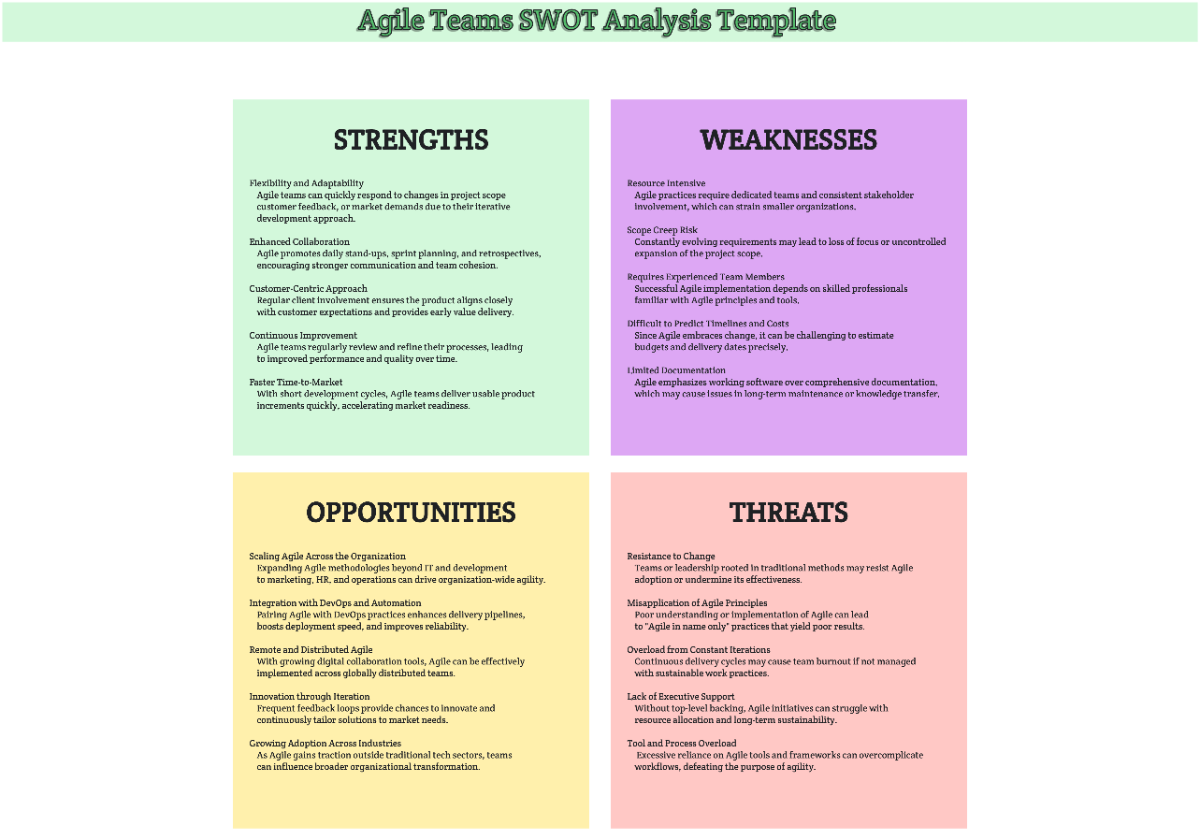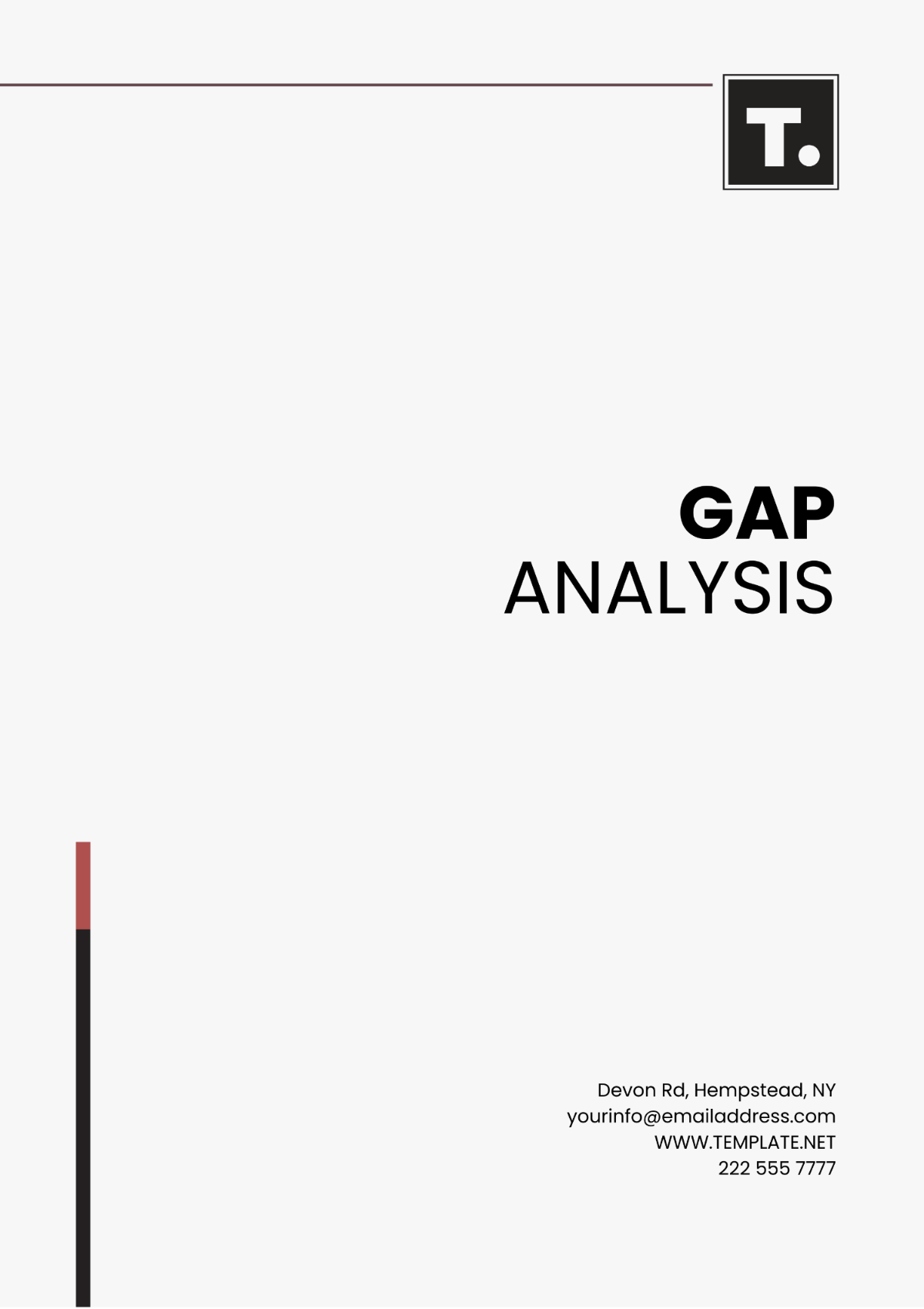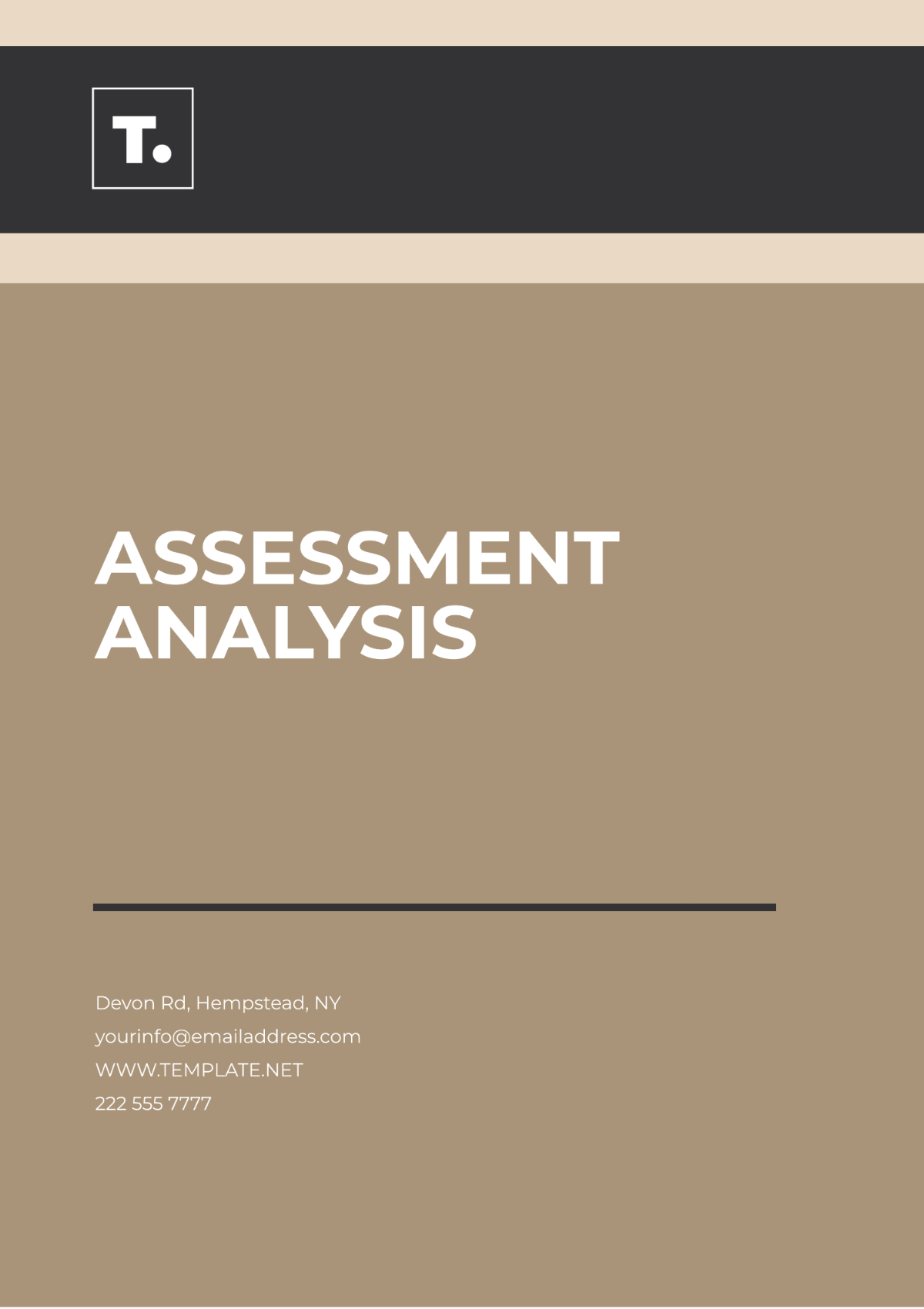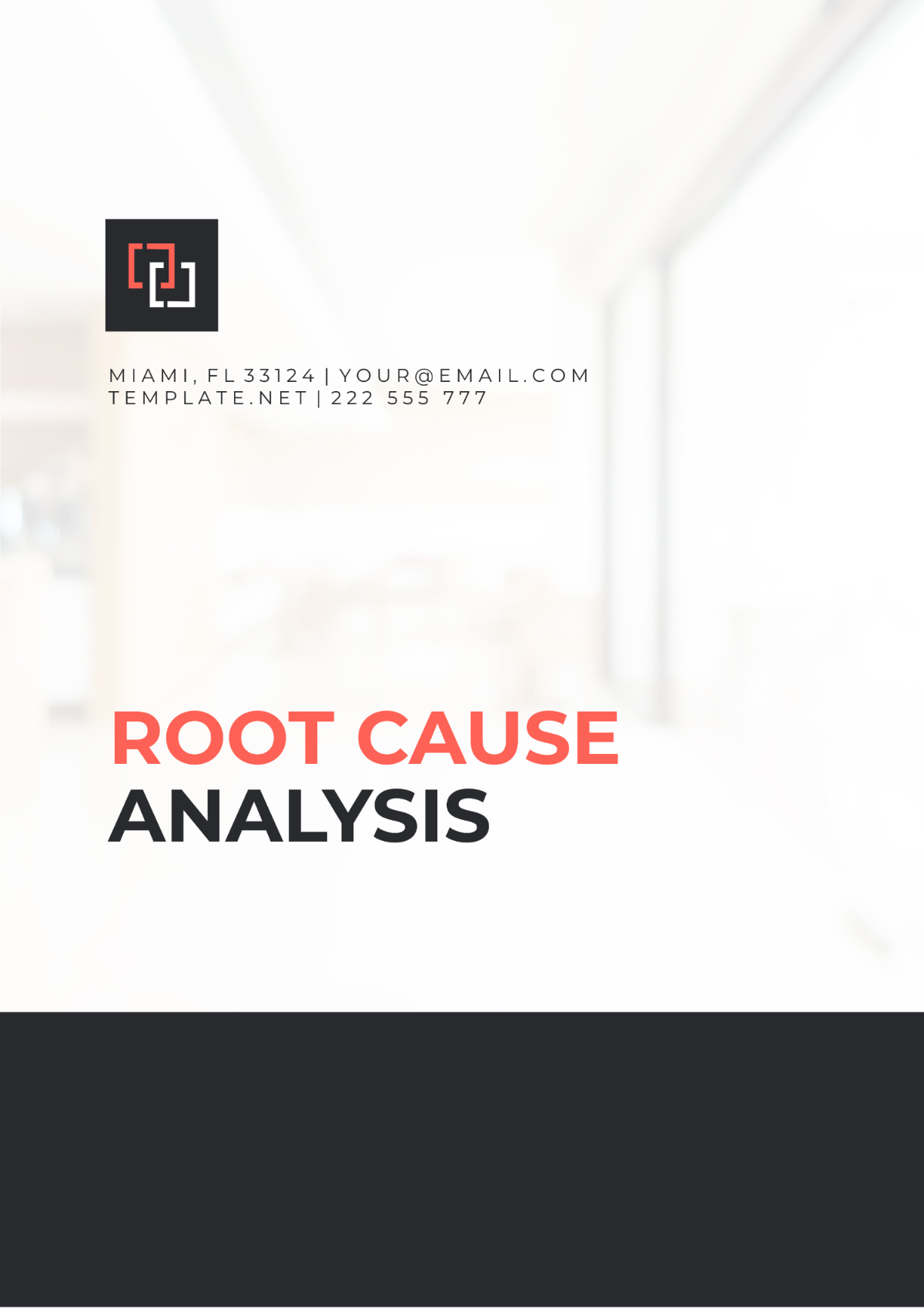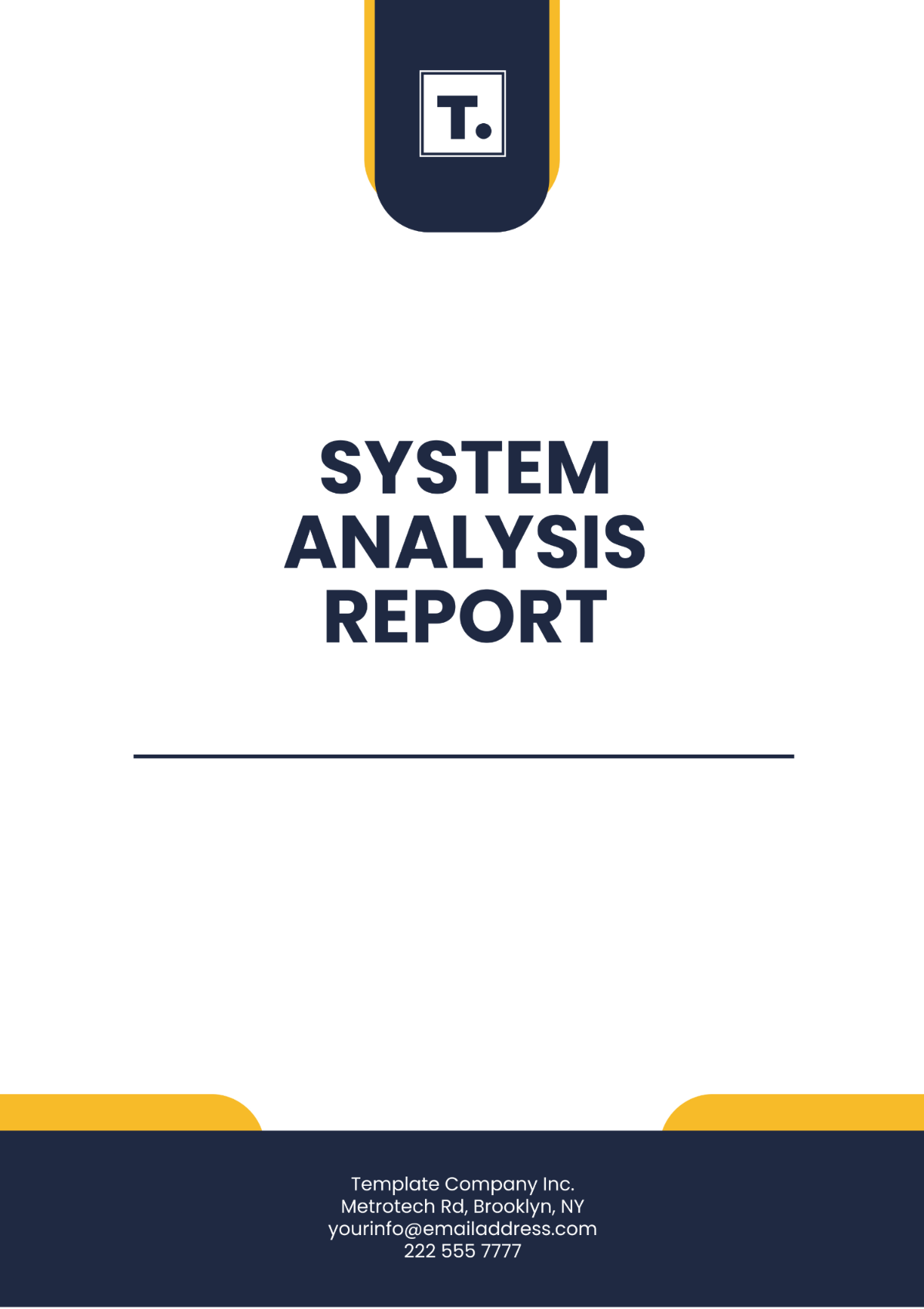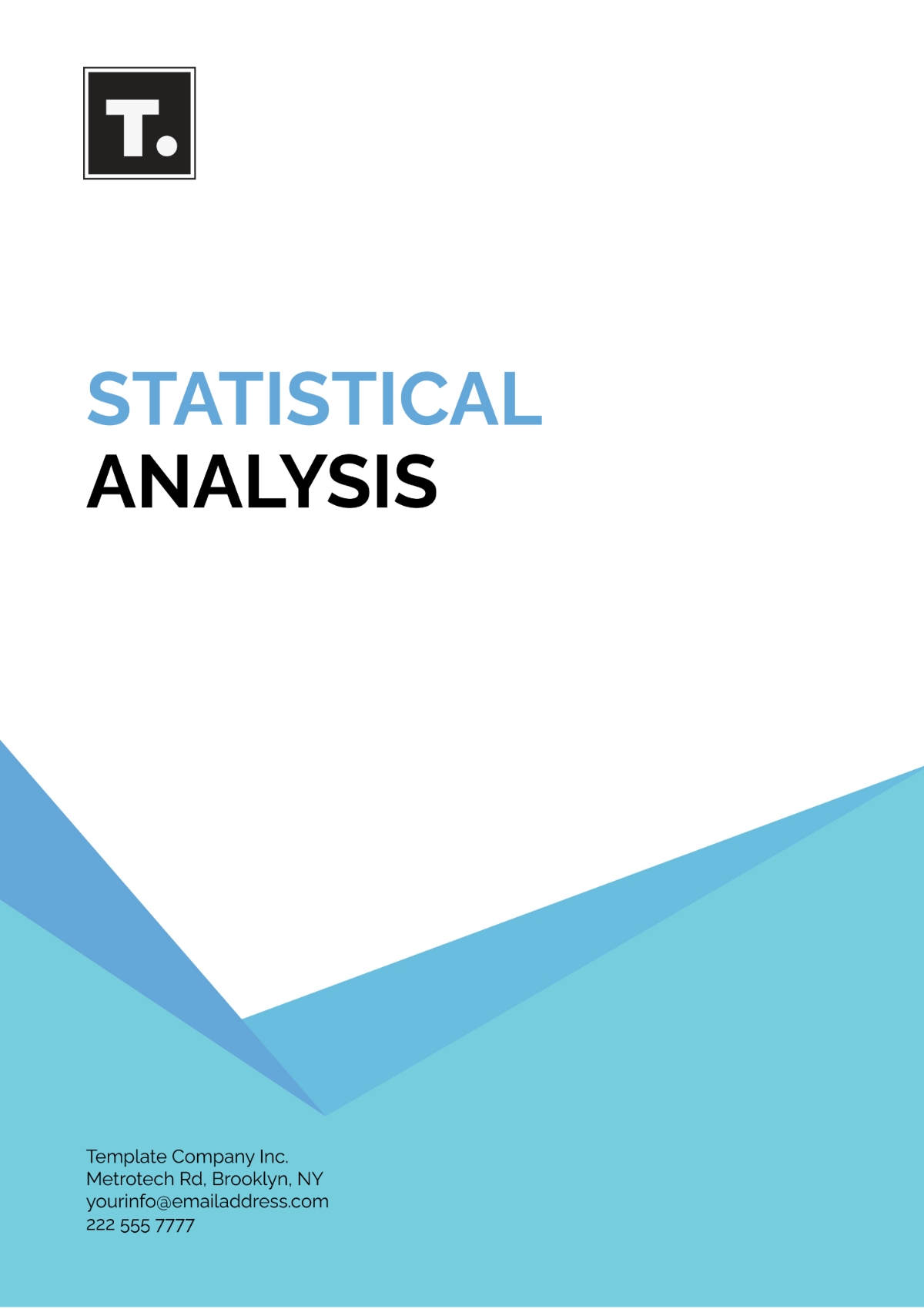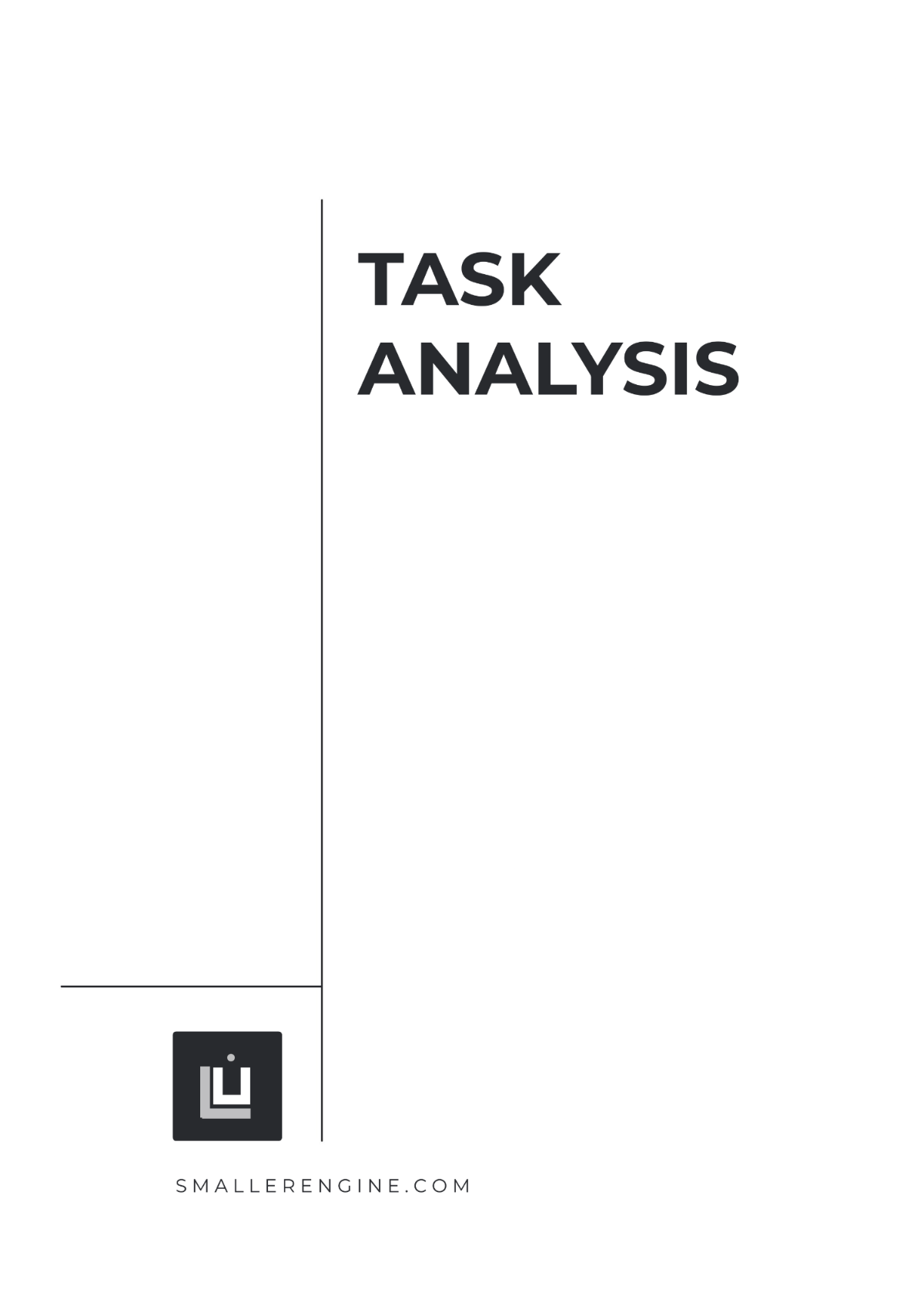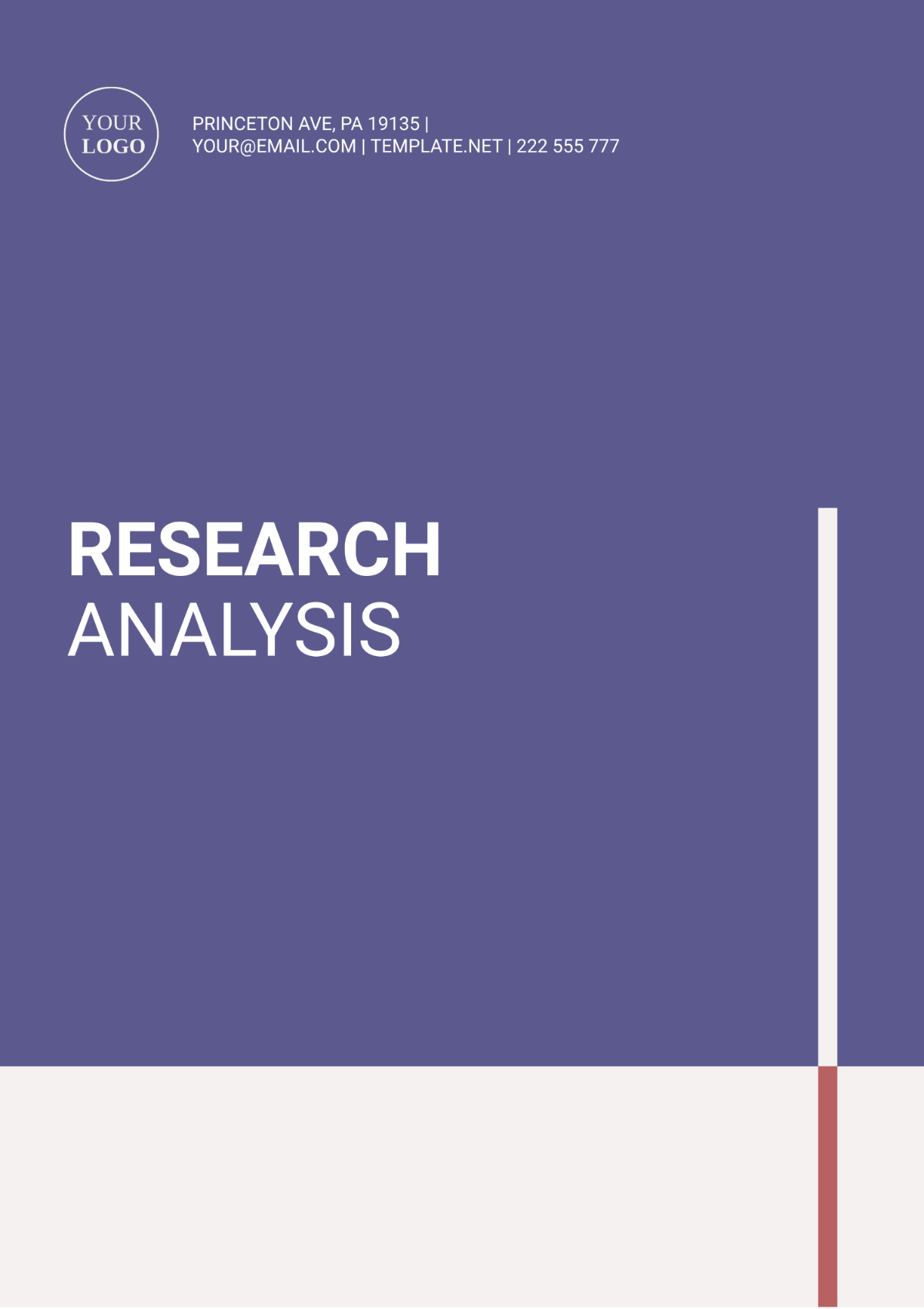Analysis Framework Research Design
I. Introduction
The objective of this research paper is to present a comprehensive analysis framework and methodology for effective research design. This report will delve into the theoretical underpinnings, essential elements, stages, and best practices for establishing a robust analysis framework and research design. Such a framework is critical for ensuring the validity, reliability, and overall success of any research endeavor.
II. Theoretical Underpinnings
The theoretical foundations of an analysis framework and research design are rooted in several key disciplines, including:
Sociology
Psychology
Statistics
Philosophy of Science
III. Essential Elements of Analysis Framework
To construct an effective analysis framework, several crucial components must be considered:
Element | Description |
|---|---|
Objective | Defines the purpose and goals of the research. |
Conceptual Model | Maps out the theoretical constructs and their relationships. |
Data Collection Methods | Details the procedures for gathering data. |
Analytical Techniques | Describes the statistical or qualitative methods for data analysis. |
Validation and Reliability | Measures to ensure the accuracy and consistency of the findings. |
IV. Research Design
Research design involves several stages, each of which plays a critical role:
A. Staging and Planning
Before embarking on the actual research, it is essential to have a clear plan. This involves:
Defining the research problem
Setting research objectives
Reviewing existing literature
Establishing hypotheses
B. Data Collection
The next stage involves gathering data. Data collection methods can be categorized as:
Quantitative (e.g., surveys, experiments)
Qualitative (e.g., interviews, focus groups)
C. Data Analysis
Once data is collected, it must be analyzed to extract meaningful insights. This can involve:
Descriptive Statistics
Inferential Statistics
Content Analysis
Thematic Analysis
D. Reporting Findings
The final stage is to communicate the findings. This is typically done through:
Research Papers
Presentations
Reports
V. Best Practices
Several best practices can enhance the efficacy of an analysis framework and research design:
Clear Definition of Terms
Use of Validated Instruments
Transparency in Methodology
Ethical Considerations
VI. Conclusion
In conclusion, the development of a comprehensive analysis framework and research design is essential for conducting systematic and credible research. By meticulously planning and executing each stage of the research process, scholars can ensure that their findings are both reliable and valid.
VII. References
The following sources provide additional insight into analysis frameworks and research design methodologies:
Smith, J. (2050). Research Methods in Social Science. New York: Academic Press. APA style.
Brown, L. (2059). Fundamentals of Research Design. London: Scholarly Publishers. MLA style.
Jones, A., & Harris, P. (2058). Quantitative and Qualitative Research Methods. Los Angeles: University Press. APA style.


